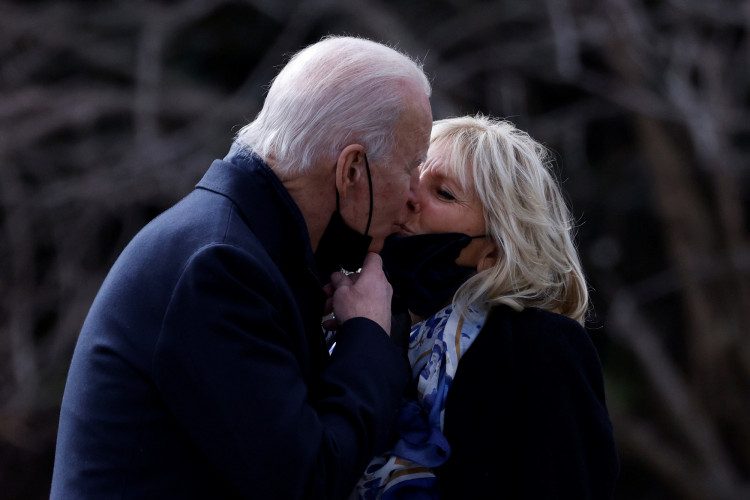In the face of a recent surge of scrutiny surrounding President Joe Biden's age and mental acuity, First Lady Jill Biden has vocally defended her husband, challenging the narrative shaped by a critical report and public opinion polls. This defense comes at a crucial juncture as the Biden administration navigates the complexities of governance amid increasing public discourse on the President's capacity to serve.
A contentious report by Special Counsel Robert Hur, initially focused on the mishandling of classified documents, inadvertently cast a spotlight on President Biden's mental sharpness. Hur's findings, which highlighted instances of forgetfulness, including Biden's inability to recall the exact date of his son Beau Biden's passing and the timeline of his vice presidency, have fueled debates about the President's fitness for office.
Jill Biden's response, articulated in an emotionally charged email to supporters, underscored her personal stake in the matter, not only as the President's spouse but also as Beau Biden's mother. "I hope you can imagine how it felt to read that attack," she wrote, emphasizing the inappropriateness of leveraging their son's death for political gains. She further asserted the value of her husband's extensive experience, countering age-related critiques by highlighting his enduring work ethic: "Joe is 81, that's true, but he's 81 doing more in an hour than most people do in a day."
The debate over President Biden's age and mental fitness is not confined to anecdotal reports but is mirrored in public sentiment. An ABC News/Ipsos poll revealed a striking 86% of Americans harbor concerns about Biden's age with respect to a potential second term. This growing apprehension reflects a broader, bipartisan unease about the age of potential 2024 presidential candidates, with a significant portion of the populace also questioning the fitness of former President Donald Trump, Biden's likely contender.
The polemic surrounding Biden's capability has been further exacerbated by occasional public gaffes, such as a notable misidentification of Egyptian President Abdel Fattah el-Sisi as the "president of Mexico" during a press briefing. These lapses have provided fodder for critics, including some Republicans who have gone as far as to suggest invoking the 25th Amendment as a corrective measure.
While the White House has sought to downplay these incidents and the implications of Hur's report, the discourse around the President's fitness for office persists. This conversation, amplified by the First Lady's fervent defense and the stark figures from national polls, underscores a pivotal concern in American politics: the balance between valuing seasoned leadership and acknowledging the inevitable challenges of aging.
As the nation looks toward the 2024 elections, the dialogue surrounding presidential fitness-encompassing both mental acuity and physical capability-promises to remain a central theme. This evolving narrative, shaped by personal defenses, public perceptions, and the unpredictable dynamics of political life, highlights the complex interplay between individual capability and the demanding expectations of the highest office in the land.






